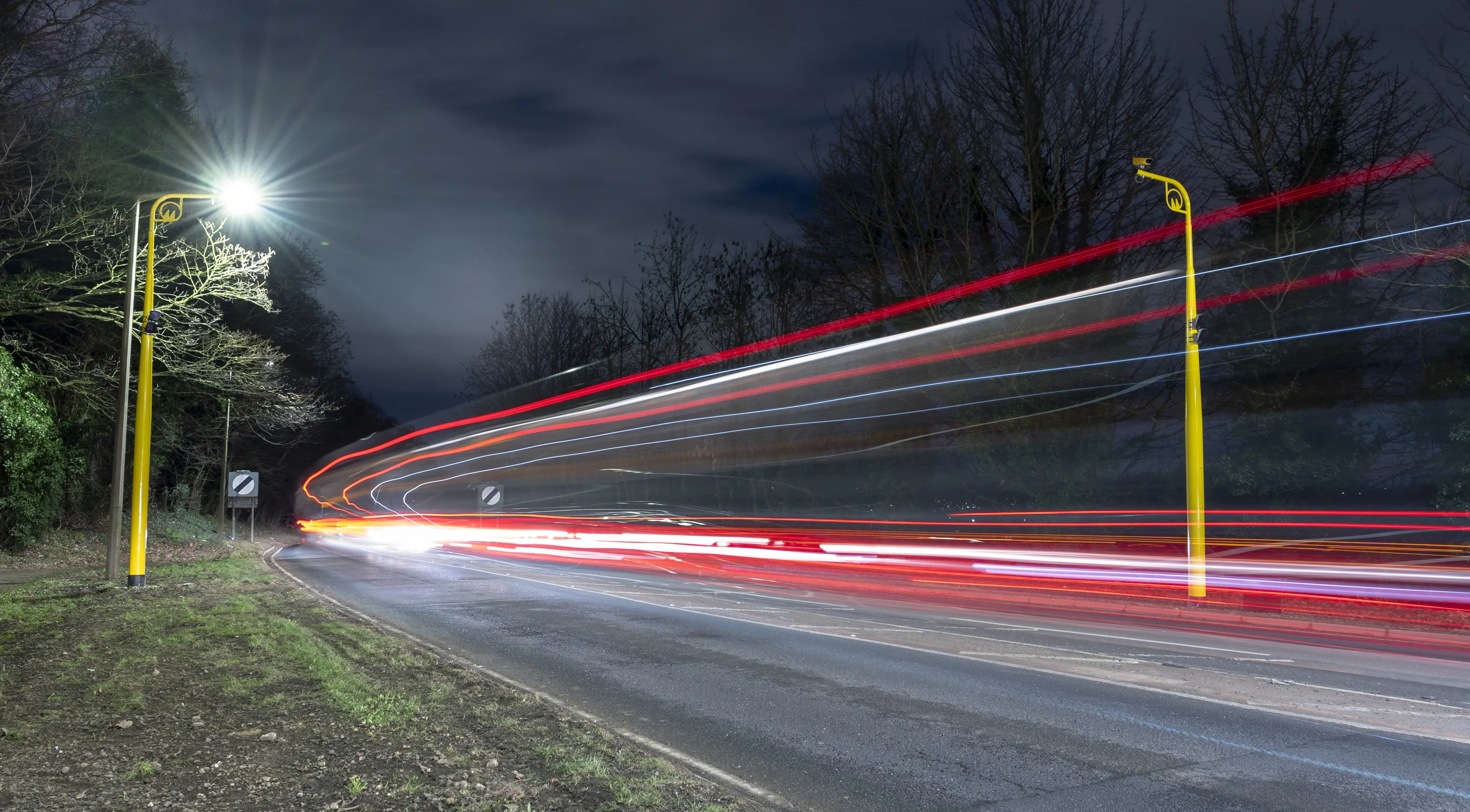Highways England, the company responsible for running over 4000 miles of England’s motorways and major trunk roads, is to become the third partner in a collaboration to improve motorcycle rider safety.
The government-owned company will join the National Police Chiefs’ Council (NPCC) and the Motorcycle Industry Association (MCIA) as an equal partner in facilitating practical changes to roads, as detailed in a jointly written whitepaper: Realising the Motorcycling Opportunity: A Motorcycle Safety and Trans
November 23, 2016
Read time: 3 mins
The government-owned company will join the National Police Chiefs’ Council (NPCC) and the Motorcycle Industry Association (MCIA) as an equal partner in facilitating practical changes to roads, as detailed in a jointly written whitepaper: Realising the Motorcycling Opportunity: A Motorcycle Safety and Transport Policy Framework.
The number of motorcycles and scooters licensed for the roads has nearly doubled in the past twenty years, and government statistics show that there was a further 1.2 per cent increase for quarter 4 (October to December 2015). With congestion set to rise, it is likely many more people will opt for two wheel transport and Highways England, the National Police Chiefs’ Council and the Motorcycle Industry Association believe this choice needs to be properly supported.
The Framework calls for motorcycles and scooters to be included in mainstream transport policy and for rider safety to be consistently factored into national road design, which has not been the case in the past.
Seven key areas have been identified, which would make roads safer for riders, along with actions as to how this can be achieved practically. These include safer infrastructure, expanding road user education, increasing awareness and training and working in partnership with cycle groups.
The Framework also advocates unlocking the benefits of motorcycles and demonstrating exactly how they offer a practical solution to congestion, as well as improving personal mobility for people without access to other forms of transport.
Highways England has a goal of bringing the number of people killed or injured on the strategic road network as close as possible to zero by 2040. It will work with police and MCIA across all seven areas identified in the Framework and will lead on ‘safer infrastructure’.
The Framework advocates using guidelines produced by the Institute of Highway Engineers which identifies simple practical steps to reduce risks for riders. These include: using rider friendly barriers and road surfaces; repositioning pillars; removing unnecessary signage; using non-slip manhole covers; prompt clear-up of diesel.
Highways England will also work to promote safety messages and create awareness about motorcycles and scooters, since education of all road users is an important element of the Framework. HE has already set up a working party to encourage learners to take further training for a licence and to encourage riders to wear personal protective clothing.
The Framework incorporates the ‘safe system approach’, which is now widely accepted as a guiding principle among road safety professionals. This is underpinned by the understanding that humans are fallible and will make mistakes, which can be mitigated through ‘forgiving’ design, i.e. a road system built to absorb mistakes and limit the transfer of forces which can result in serious injury or death.








